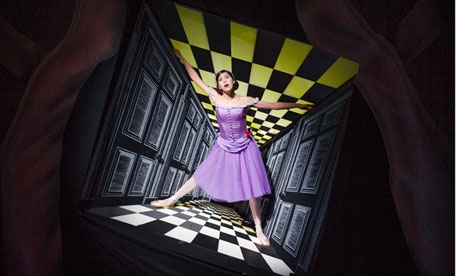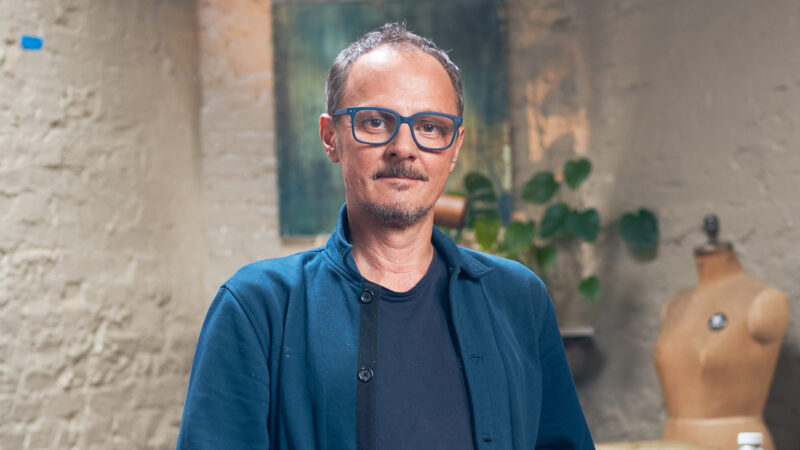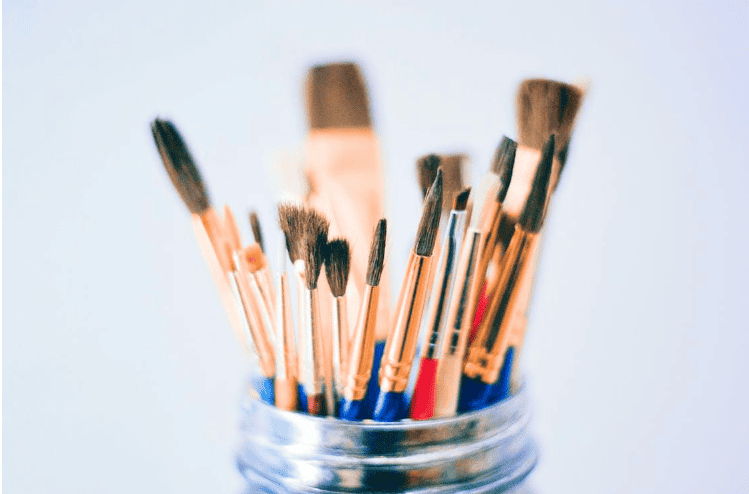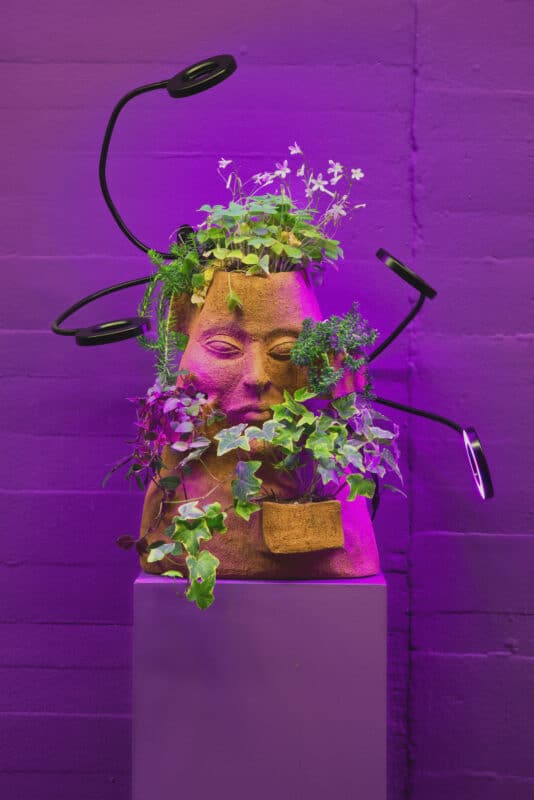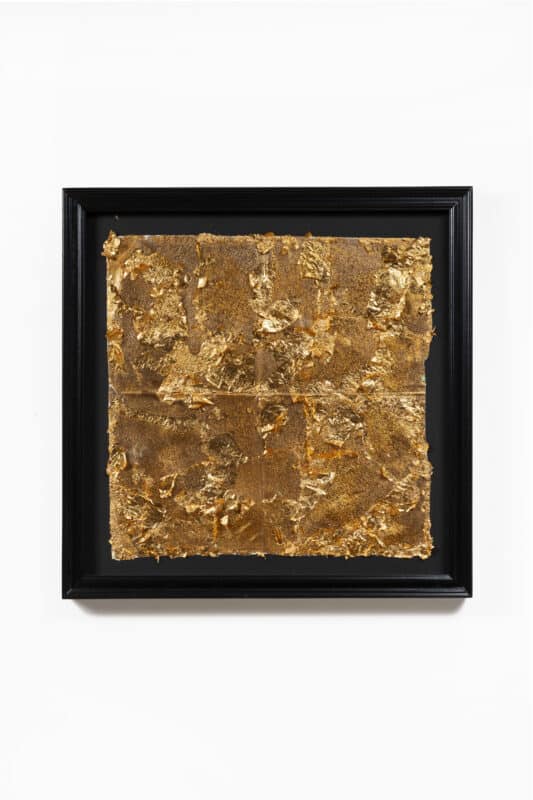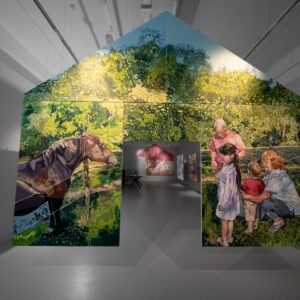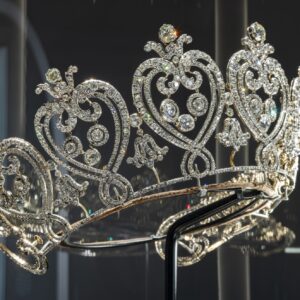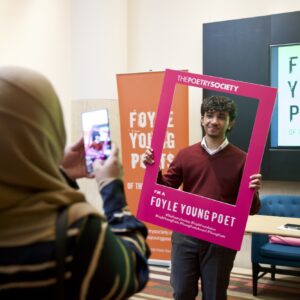Alice’s Adventures In Wonderland by The Royal Ballet, currently at the Royal Opera House. Photograph: Tristram Kenton
Chairs at the top of two of Britain’s leading cultural institutions are being shuffled around following the appointment last week of a new chief executive for the Royal Opera House. Alex Beard, 49, leaves the Tate to take up the job, handling an annual operating budget of around £100 million, while another man, Tony Hall, 62, is to return to the BBC to run the corporation.
The decision to appoint two men to such influential roles is far from unusual. In fact it’s the norm. Across Britain the great majority of powerful artistic and cultural jobs are still being done by men. We may have a female culture secretary in Maria Miller, but there are only a handful of women running leading theatres, funding bodies, institutes, galleries and museums.
A look across a top 30 of leading roles in the subsidised art sector in Britain, from running the British Museum, the National Gallery and National Portrait Gallery, the Royal Academy of Arts, The Royal Shakespeare Company, Tate, The National Theatre, The Barbican, to the Baltic in Gateshead, reveals that only four, including the Southbank Centre and the English National Ballet, are currently held by women.
For Baroness Bakewell, 79, who began her career as a TV presenter in the 60s, the fact little has changed is shocking. “It is a conspicuous problem,” she said this weekend. “Especially when we know that when women get there, they are really terrific.”
She believes that the best person should be appointed to a leading cultural job and is determined that “women should not be patronised”, however. “At the Royal Opera House, for example, Ruth Mckenzie, who was the artistic director of the Cultural Olympiad and who I think was interviewed for the job, would have been a good appointment. But that is not to say that Alex Beard, who got the job is not, in fact, a particularly good appointment,” said Bakewell.
A feeling that women may not be quite enough is sometimes shared by women themselves, she fears. “There have been extraordinary people like Liz Forgan, who ran the Arts Council until recently, and Jenny Abramsky at the BBC, but it is remarkable that things have not changed. I thought they would, and it is important that they have not.”
Bakewell, who rumour has it is to be appointed president of Birkbeck college, University of London, suspects that men still feel more entitled.
“Asked to apply for a leading role, a woman will tend to wonder if she can do it, no matter how distinguished she is. Perhaps we have got to wait for women to feel entitled and go out there and seize the day,” she said.
The picture across Britain is complex. Sometimes there is a divide within an arts organisation between the administrative and creative directorships. This sometimes means that a woman is organising the money, while a man is making artistic decisions; sometimes the reverse is true. There are also some areas of cultural life where women have more presence, such as television and film. So while Greg Dyke is chair of the British Film Institute, Amanda Neville is director, and Channel 4 Film and BBC films are both run by women, Tessa Ross and Christine Lang, respectively.
Publishing is also a stronger area for women, with Gail Rebuck, of Random House, and Victoria Barnsley of HarperCollins, in key roles. But for one pioneer of women in publishing, Carmen Callil, the fact that wider culture does not yet have more female leaders is “absolutely amazing”.
“I can’t think about it too much because it makes me angry,” she said. “Things have changed, but not that much. And the reason is that men like to put other men in power. It is as simple as that. They still look on women with a wary eye and some of us let them do it.”
Callil, 74, suggests that millions of pound are spent on keeping women’s self esteem low, in a society that values female subservience, youth and beauty. “We are raised to give in,” she said. “We are given prizes like a dog when we do and told we are good girls.”
Callil admits that women might be just as jealous of relinquishing power if they held it more widely, but she argues that keeping women out makes life boring. “Men are generally not as funny as women for a start, but anyway, we are 50 per cent of the population so we should have more of a say. No one has ever asked me to sit on a board. It is because I am a feminist, so no one thinks I am human,” she said.
Callil set up the Virago Press in 1973, alongside Liz Calder, Rosie Boycott and Marsha Rowe, and began to publish forgotten classics written by women. This sort of decision, made by women and reflecting women back to themselves, is crucial according to Jude Kelly, one of the few female cultural leaders running a big UK arts venue.
“It is very difficult to change things if the world is nearly always telling you that men basically are running the world. In novels, plays and in conventional histories, the image of power is constantly represented as male,” said Kelly, who is artistic director of the Southbank Centre in London.
“Women can be fantastic, of course, but our expectations and choices are shaped by inevitable role models. Even women themselves make assumptions about their own ability and about others because of this. So we have got to work hard to break through this.”
Like Bakewell, Kelly, 58, believes that those who end up running British cultural institutions are often men abundantly qualified for the job. “This is the thing that makes it tricky. You really can’t do it quickly, it seems, because it is a question of rebalancing the whole canon of culture and history.”
Practically speaking, she believes that women in arts organisations are sometimes “over-mentored but under-sponsored”. It is a fine distinction that implies cultural appointment boards will often question whether a woman yet has the confidence to see through a top job.
More fundamentally, she suspects that childcare issues are still holding women back, even at this high level of responsibility. “There is a conspiracy among women to not to talk about the difficulties of childcare at work and the fact they are still often doing most of the domestic organising and work.”
The novelist and feminist Sarah Dunant believes she witnessed “a false dawn” of hope in the early 1990s.
“When I left television, where I worked as a cultural commentator, it looked as if we were poised to move on in all manner of directions,” she said. Yet things have faltered, she believes, when it comes to cultural leadership although it is true that individual women artists, directors, playwrights and writers, for example the historical novelist Hilary Mantel, might be seem to have achieved some high cultural status.
“On the whole, though, it is still men at the cultural controls,” she said. “I don’t think we should make this into a disaster story. We just need to learn to go through the gateways of power so more of us are handling the money and making decisions.”
Dunant, 62, also sees a parallel between women’s careers in British cultural institutions and in the Church of England. “Strangely enough, at around that time I was so hopeful for women in the arts they were ordaining the first women ministers. So we all thought there would be women at the top of the church by now. In both areas instead there is a kind of old boys’ network.”
She points to Alan Yentob and Melvyn Bragg, still leading cultural commentators and powerbrokers within the BBC and Sky Television, who have managed to sustain long careers. “Now I am not saying they are not good at it, but would a woman be able to do the same for so long?”
Culture, like religion and politics, are telling elements in the fabric of a nation and it is vital, Dunant argues, that women do not stay under-represented.
• This article was amended on 27 March. A new paragraph was added near the start of the article to clarify that, of 30 leading roles in the arts in Britain, only four are currently held by women.
guardian.co.uk © Guardian News & Media Limited 2010
Published via the Guardian News Feed plugin for WordPress.
